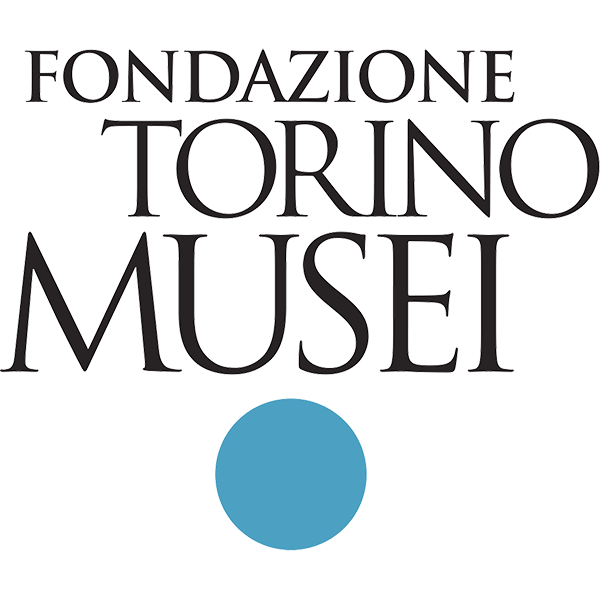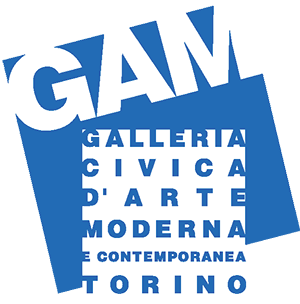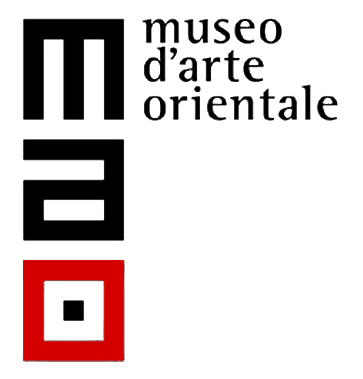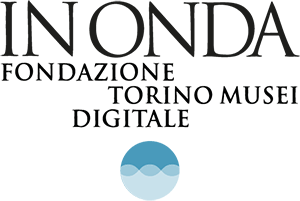Art, Science and the Meaning of Research | Conferenza di TIM INGOLD
- Event
- 28 March 2018

as part of the artists’ training programme staged in collaboration with GAM and the Fondazione Spinola Banna per l’Arte
Conference with
TIM INGOLD
Professor of Social Anthropology at the University of Aberdeen, Scotland
Wednesday 28 March 2018, 6 pm – free entrance
GAM Conference Room – Galleria Civica d’Arte Moderna e Contemporanea
C.so Galileo Ferraris 30, Turin
in collaboration with IRIS (Istituto di Ricerche Interdisciplinari sulla Sostenibilità)
Free entrance while seats are available. Conference in English with simultaneous translation
In the month of March, the series of interventions of the IperPianalto project continues, designed by the artists Caretto/Spagna for the 2017-2018 edition of the artists’ training programme organised by the GAM and by the Fondazione Spinola Banna per l’Arte, promoted and implemented thanks to the support of the Compagnia di San Paolo. After the first two meetings, focusing respectively on getting to know the geological substrate of the ‘Pianalto’ (high plain) of Poirino and the dynamics of the Suolo and farming practices, the focus now shifts above ground level, concerning the overall system of relationships that link together all the beings in the world and their connection with the environment.
The guest of the evening will be the well-known British anthropologist Tim Ingold, one of the most influential anthropologists on an international level, and professor of Social Anthropology at the University of Aberdeen, Scotland. Professor Ingold has been invited by Caretto/Spagna to hold a short workshop with the artists selected as part of the IperPianalto Project and to give a public lecture entitled ‘Art, Science and the Meaning of Research’, due to be held on Wednesday 28 March 2018 at 6pm in the Conference Room of the GAM. Tim Ingold will address the issue of the artistic practice as a form of research that interacts with the social, material and academic environments in which it takes place; examining the underlying meaning of carrying out research, Ingold outlines a potential surpassing of the traditional opposition between doing and thinking – as if they were part of opposing realms of practice and theory – with a view to triggering a profitable dialogue between artistic creation, scientific research and academic thought.
“How should we live? What are the conditions and possibilities for human life in this one world of ours? To address these questions calls for an approach that is at once generous, open-ended, comparative and critical. For research to have these qualities, it cannot be regarded simply as the quest for new knowledge. The contemporary linkage of research and innovation is a product of the global knowledge economy, which requires of research that its products are broken off from the currents of life. The proper purpose of research, however, lies in the pursuit of truth. It is in the search for truth, not in the production of new knowledge, that art can join science as a way of joining imagination with experience in a world to which we are alive and that is alive to us” (Tim Ingold, Aberdeen, March 2018).
Tim Ingold’s anthropological research is very wide-ranging, and includes the perception of the environment, language, technology and skilled practices, art and architecture, creativity, the theories of evolution in anthropology, the relationships between man and animal and ecological approaches in anthropology. Ingold advocates a form of anthropology that knows no absolute divisions between person and organism, or between social and ecological relationships. His ambition as a scholar has always been that of achieving a “broad view of anthropology which goes beyond the specialisms between sub-disciplines; criticising the reductionism and those approaches intolerant of culture and society, and finding the way to re-root our experience as complete human beings within the continuum of organic life.” Tim Ingold has interwoven his research trajectory in an original manner with the philosophical thought of authors such as Heidegger, Merleau-Ponty, Deleuze, Bergson, Whitehead, Simondon and Dewey, as well as with other disciplines such as the ecological psychology of James Gibson, with the studies of the archaeologist and anthropologist Leroi-Gourhan, of Gregory Bateson, of the biologists Lewontin and Brian Goodwin, and others, in the attempt – through an ecological perspective – to formulate a synthesis between various fields of knowledge. The conference (organised in collaboration with IRIS – Istituto di Ricerche Interdisciplinari sulla Sostenibilità, an inter-university research centre of the Universities of Turin and Brescia), will be followed by an conversation open to the public and chaired by Alice Benessia: physicist, artist, epistemologist of sustainability and member of the IRIS group.
TIM INGOLD (1948) is a Professor of Social Anthropology at the University of Aberdeen, a member of the British Academy and of the Royal Society of Edinburgh. He served as editor of the magazine Man (The Journal of the Royal Anthropological Institute) and of the Companion Encyclopaedia of Anthropology (Routledge 1994). In 2015, he received an honorary doctorate from the University of Leuphana in Lüneburg (Germany).
After graduating in 1970 from the University of Cambridge, he completed his doctorate in 1975, carrying out ethnographic field research among the circumpolar Saami Skolt populations in north-western Finland. Ingold worked for 25 years at the University of Manchester, where he was director of the Department of Social Anthropology, until in 1999 he was asked to found the new Department of Anthropology at the University of Aberdeen, in Scotland, where he currently works. For many years, Ingold has been dealing with the themes of environmental perception and skilled practices, substituting the traditional models of genetic and cultural transmission (based on the alliance between biology and neo-Darwinian cognitive science) with a relational approach revolving around the nurturing of incorporated skills of perception and action within the social and environmental contexts of human development. This led him to examine the use of ‘lines’ in culture and the relationship between anthropology, architecture, art and design. Tim Ingold’s current research path concerns the central issue of education. Education, he maintains, “is about attending to things, rather than acquiring the knowledge that absolves us of the need to do so; about exposure rather than immunisation. The task of education, then, is not to explicate knowledge for the benefit of those who are assumed, by default, to be ignorant, but to provide inspiration, guidance and criticism in the exemplary pursuit of truth” (taken from Anthropology and/as Education, Routledge, 2017).
Among his many books published, we might recall: Anthropology and/as Education (2017); The Life of Lines (2015) Making: Anthropology, Archaeology, Art and Architecture (2013); Being Alive: Essays on Movement, Knowledge and Description (2011); The Perception of the Environment: Essays on Livelihood, Dwelling and Skill (2000); The Appropriation of Nature: Essays on Human Ecology and Social Relations (1986); Hunters, Pastoralists and Ranchers: Reindeer Economies and Their Transformations (1980).
Andrea Caretto (Turin, 1970, degree in natural sciences) and Raffaella Spagna (Rivoli, 1967, degree in architecture) conceive art as a form of research, a free means of investigating the multiple dimension of reality: the formal and qualitative characters of matter, but also physical quantitative aspects, philosophical and social issues, developing processes that evolve over the long term. Be they installations, collective actions, performances or sculptures, their works are always the result of a ‘relational process’, in the sense that they emerge from the complex network of relationships that the authors establish with various elements (organic, inorganic, living, etc.) of the environments in which they work. Over recent years, their research has been based on the notion that the form of things (including works of art) may be understood as a manifestation of incorporated forces, the expression of a ‘relational field’ with which, as artists, they intend to come face to face. They have collaborated on a regular basis since 2002, exhibiting in public and private institutions both in Italy and abroad. They are among the founders of the ‘Diogene’ association of artists in Turin, and collaborate with the IRIS research centre (Istituto di Ricerche Interdisciplinari sulla Sostenibilità).
www.esculenta.org
In collaboration with Fondazione Spinola Banna per l'Arte
Frazione Banna 10046
Poirino, Turin
www.fondazionespinola-bannaperlarte.it
GAM – Galleria Civica d'Arte Moderna e Contemporanea
Via Magenta 31, 10128 Turin






